
Trade turmoil continues: Trump reacts to Supreme Court decision with new tariff plan
The Trump administration is not giving up the use of tariffs as a tool to shape economic and trade policy quite yet

The Trump administration is not giving up the use of tariffs as a tool to shape economic and trade policy quite yet
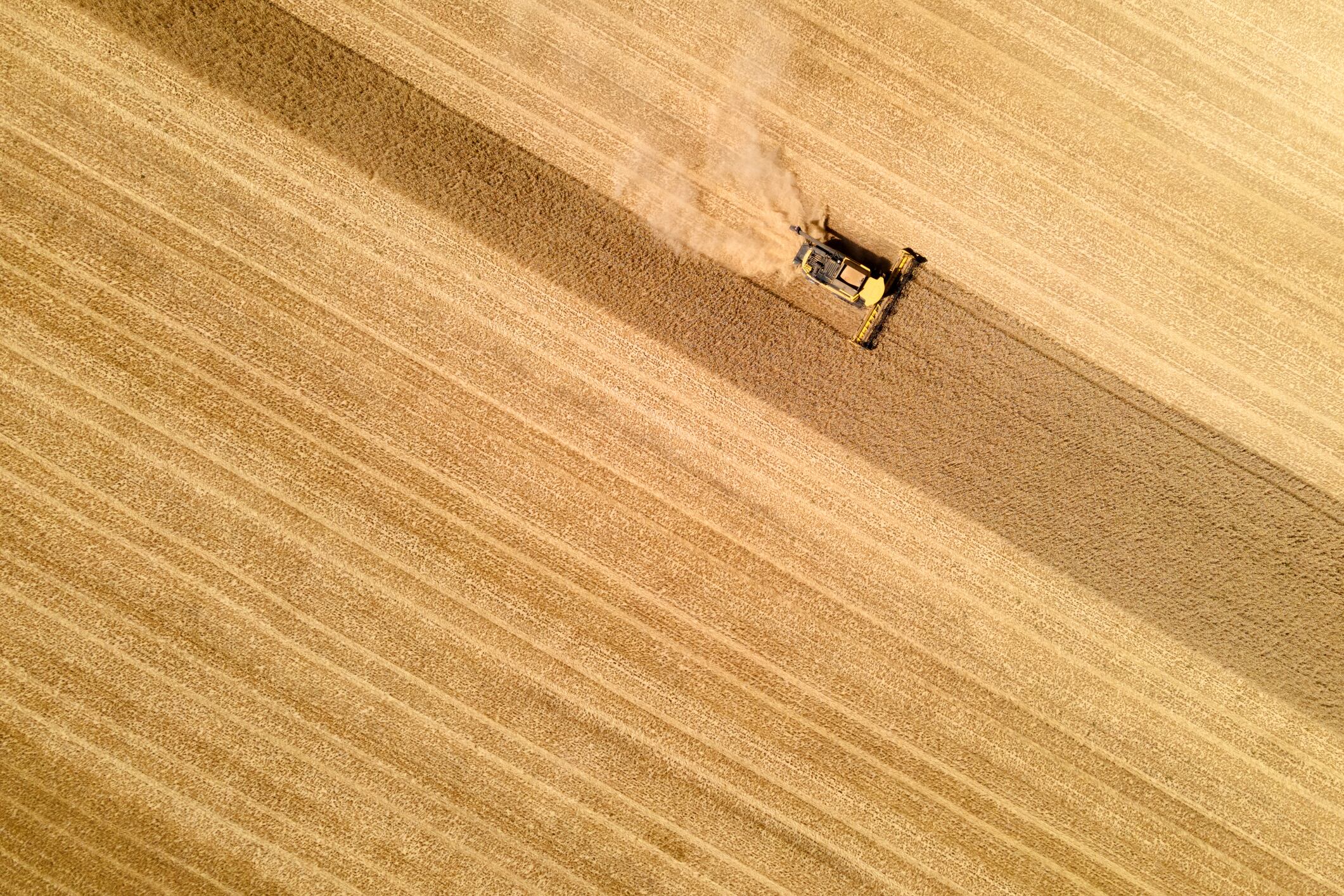
Whole‑genome screening, precision trait mapping and hybrid‑breeding advances have enabled Syngenta to deliver Europe’s first commercially scalable hybrid wheat, marking a pivotal moment for a crop long considered too genetically complex for hybridisation
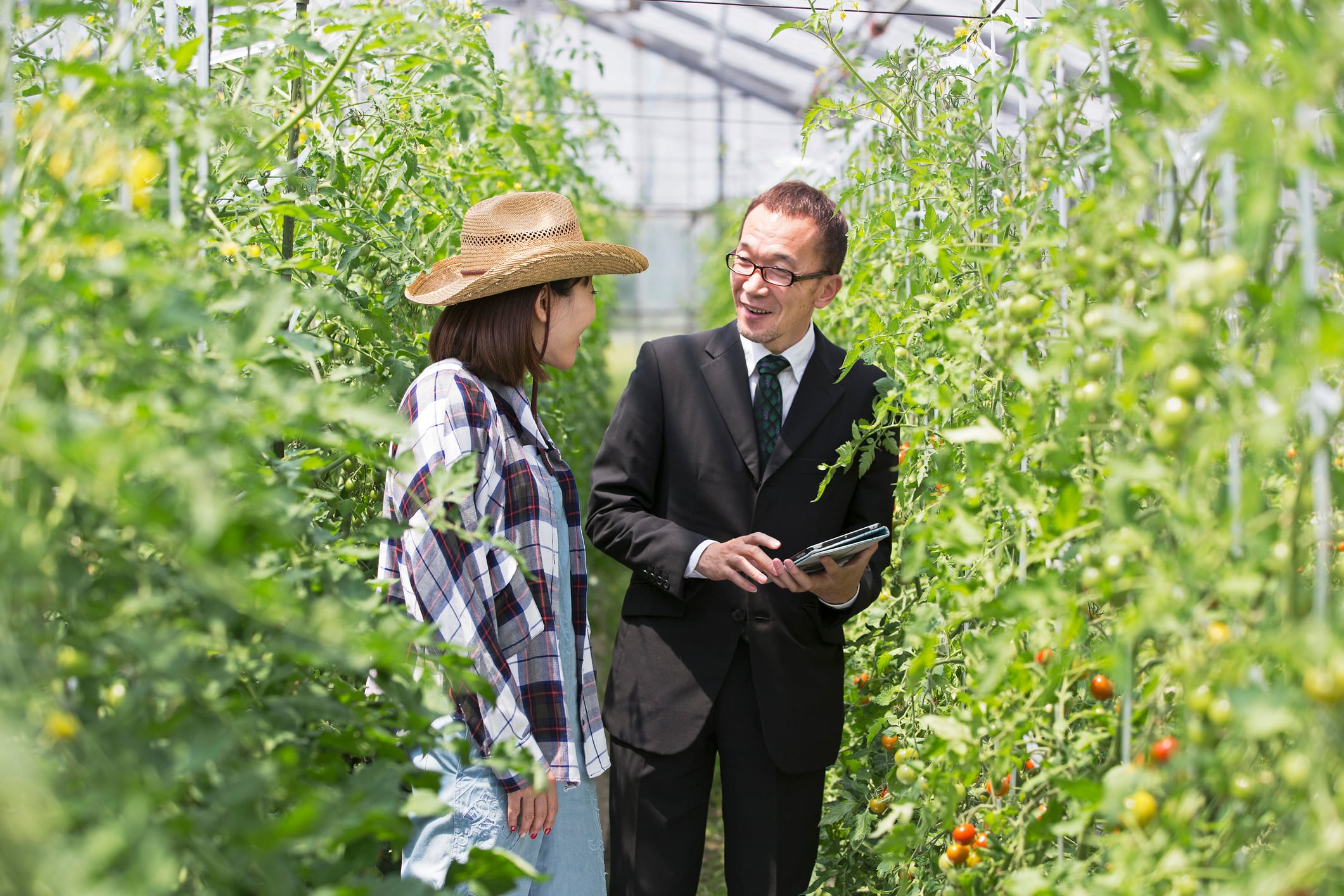
Japanese food manufacturers say high costs, unstable supply and weak direct ties with producers prevent them from shifting to domestically sourced raw materials.

International Seed Federation (ISF) secretary general Michael Keller warns that a fragmented regulatory landscape risks stalling innovation, slowing climate‑resilient crop development and shutting out smaller breeders
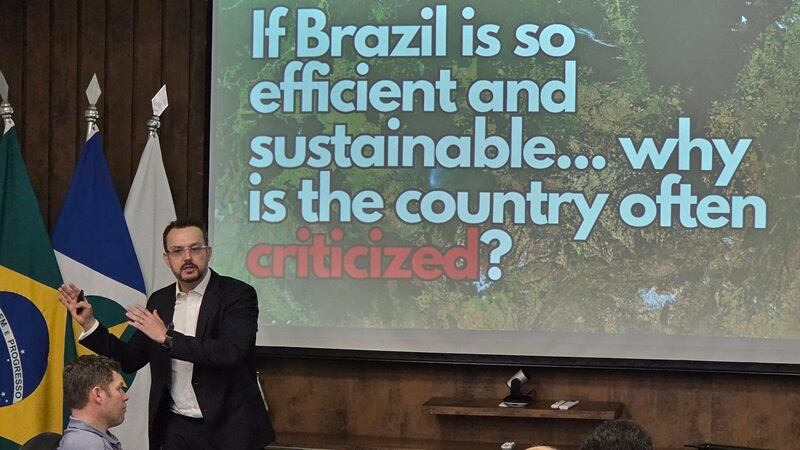
On the ground in Mato Grosso
Brazil’s agriculture sector embraces the mantle of free trade and multilateralism, amid a rise in trade isolationism
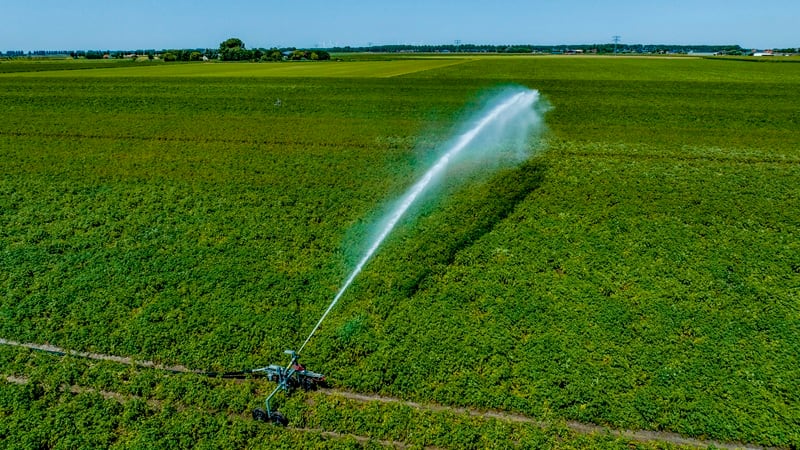
The draft of the 2026 farm bill includes a provision to develop a precision agriculture standard, but will that be enough to boost adoption?
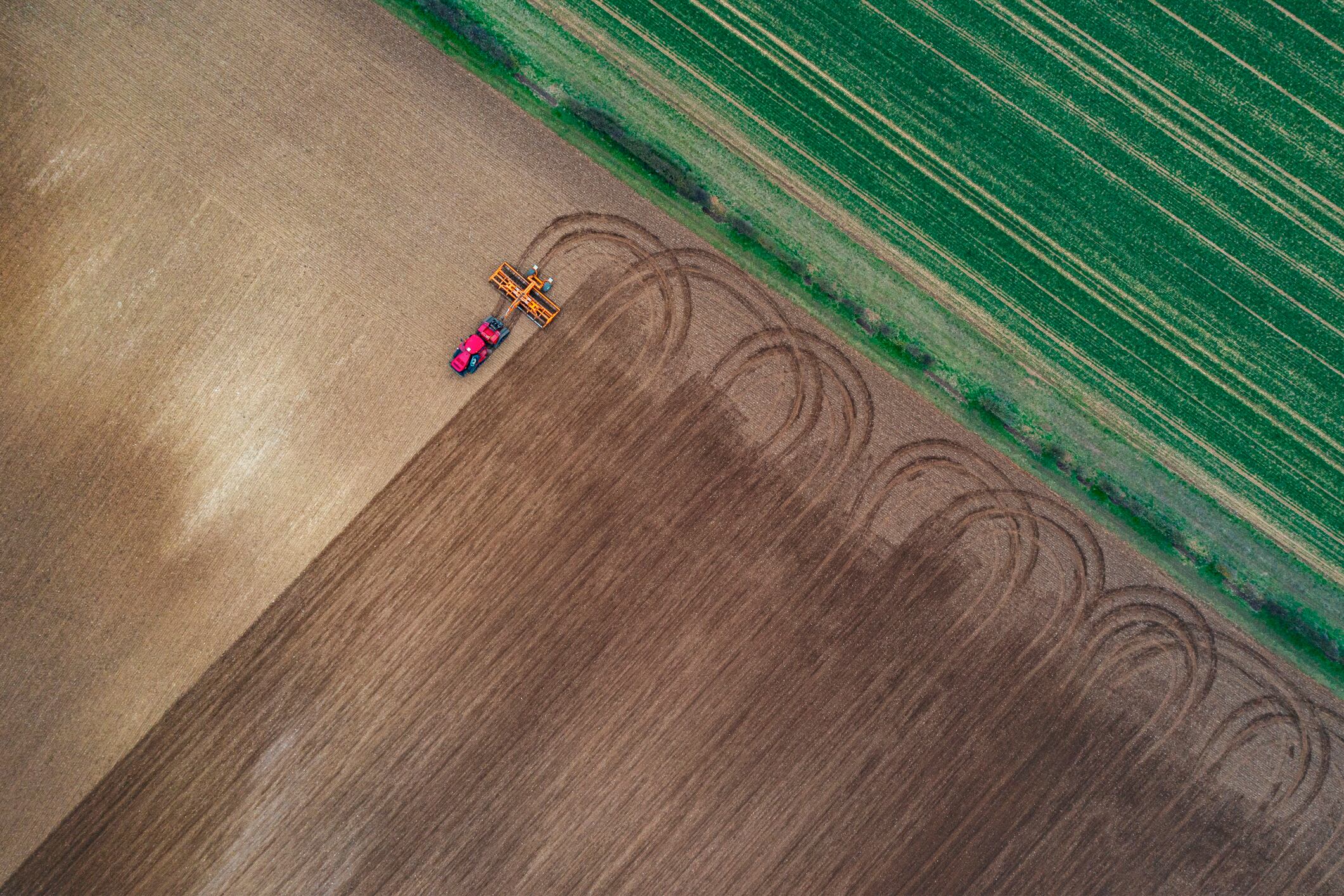
With major evidence gaps remaining around how PFAS behave in soils and what this means for food systems, the government has launched new plan to track ‘forever chemicals’
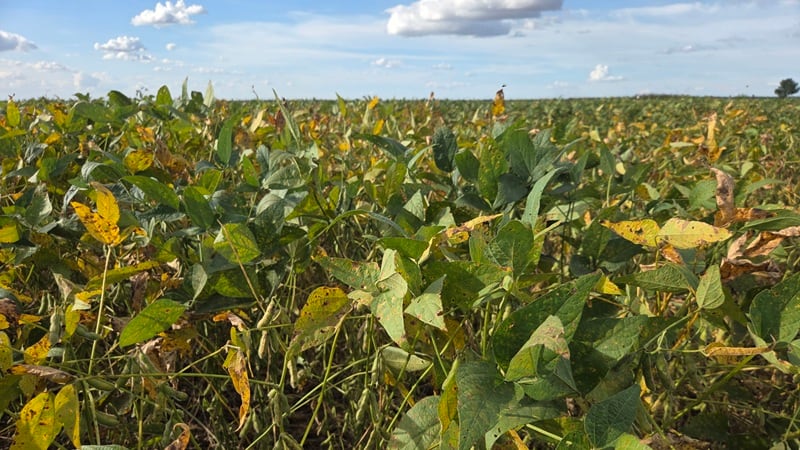
On the ground in Mato Grosso
Can Brazil keep up with demand for its agricultural products or will persistent logistic challenges drag growth down?

Vietnam’s coffee sector grapples with land legality and plot-level traceability are the country’s most pressing hurdles to meeting the EU Deforestation Regulation (EUDR), say experts.

Canada believes it can help meet Asia’s growing food needs, but an industry leader says complex regulations are slowing market access, raising costs and creating uncertainty for companies.
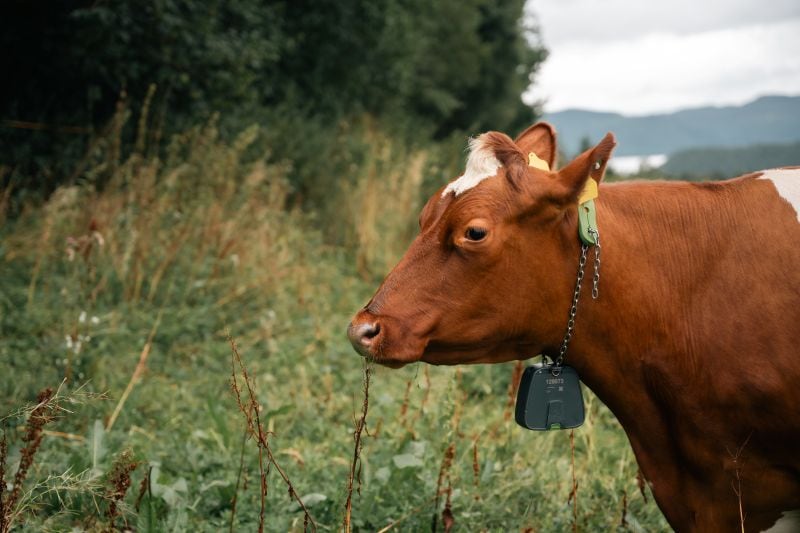
As UK regulators sharpen their focus on virtual fencing, Norwegian firm Nofence says evidence‑based evaluation will show the technology supports – not compromises – animal welfare. The company has also passed major commercial milestones, including...

Weak monitoring, unreliable registration data and poor compliance are driving the mounting losses across the Philippines’ fishing sector.

The ten-year Yangtze fishing ban has driven advancement in China’s aquaculture, improving quality, sustainability, and industrial resilience.
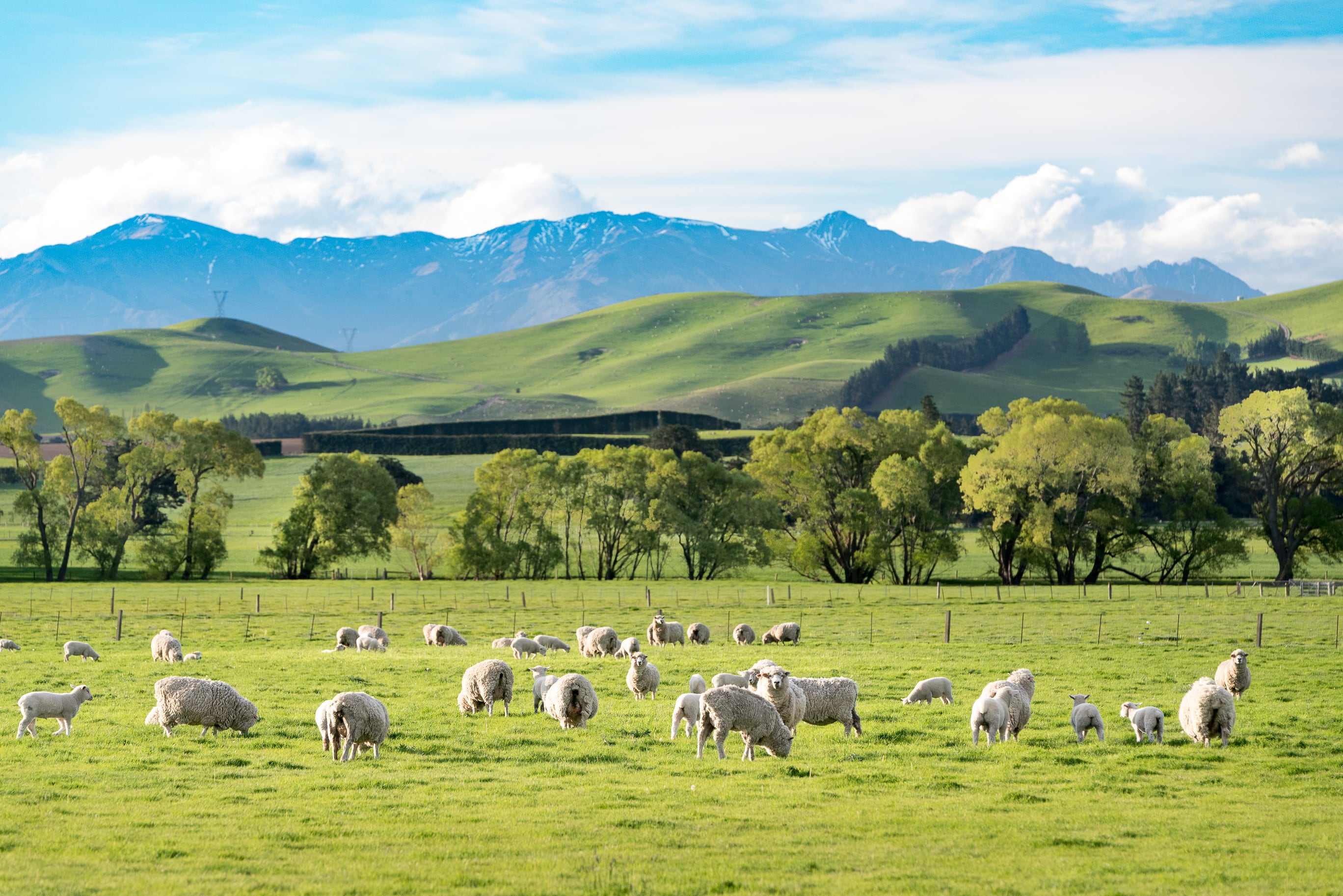
Beef + Lamb New Zealand (B+LNZ) says proposed legislation to replace the Resource Management Act risks becoming more restrictive and less practical for farmers, undermining government’s promise to simplify and streamline processes.

The European Commission has adopted the world’s first voluntary certification methodologies for permanent carbon removals, setting a global benchmark aimed at accelerating the deployment and scaling of carbon‑removal technologies – and opening new...
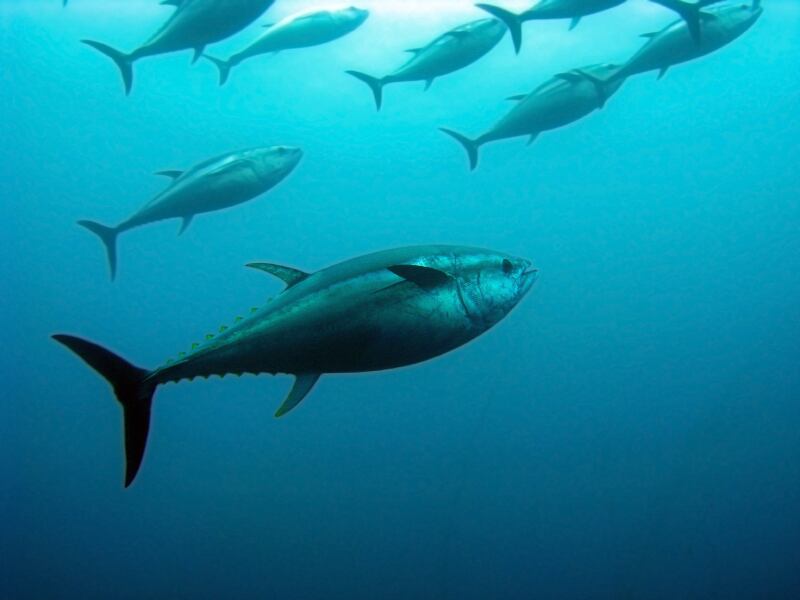
Indonesia’s Ministry of Marine Affairs and Fisheries (KKP) working with Japan to remove tariffs on tuna and skipjack to enhance competitiveness of its fisheries industry.
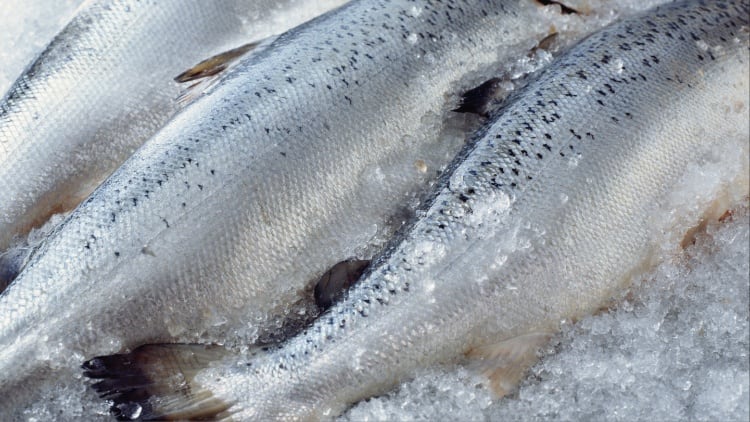
South Korea aims to raise annual seafood production to four million tonnes by 2030, outlining measures to ensure industry economically, environmentally, and socially sustainable.
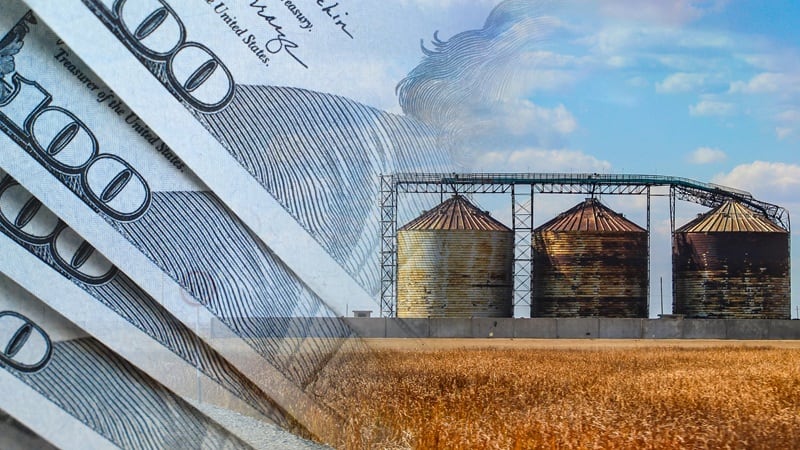
The U.S. farm economy continues to navigate a complex set of challenges in 2026, but do not count the country’s ag sector out just yet
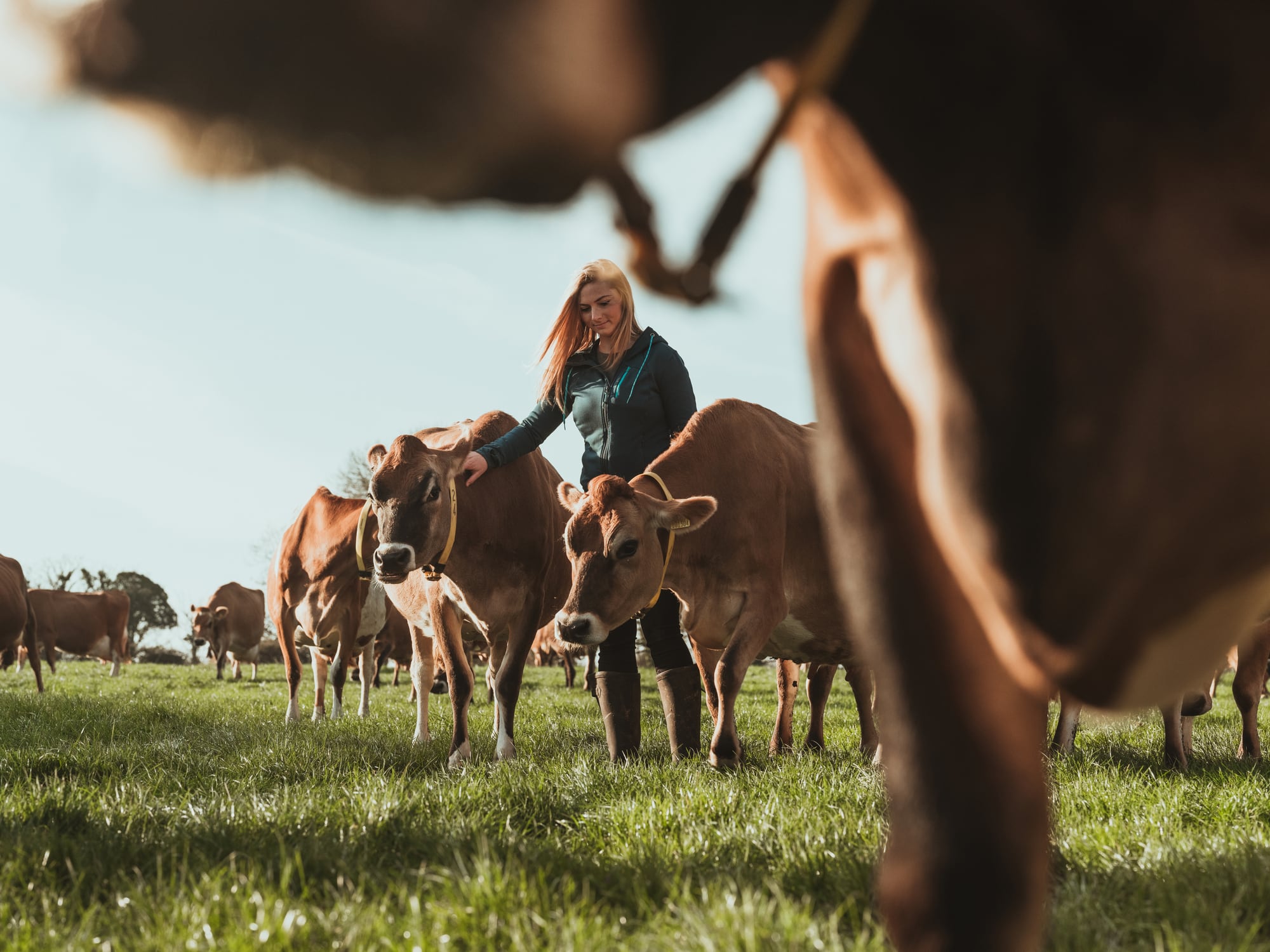
A UK report calls for a national skills campaign as labour shortages threaten future food security

Governments around the world are embracing industrial policy again, as threats to the global supply chain demonstrate the need for domestic production and consumption, one ag economist argues

China’s Ministry of Agriculture and Rural Affairs (MARA) highlights six key areas that it will focus on for 2026 to boost agricultural development following the achievements of the 14th Five-Year Plan.
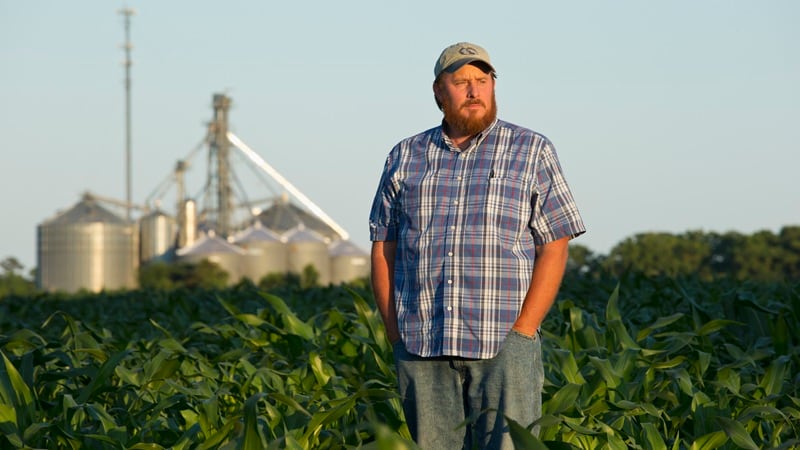
U.S. trade policy continues to put farmers and rural communities at financial risk, according to growers who are experiencing tariff impacts firsthand

Australia’s new mandatory wine grape code aims to boost fairness and transparency amid market volatility, but the industry’s most vulnerable growers fall outside its protection.

Thailand’s Ministry of Commerce has introduced four new import regulations for animal feed maize and wheat for 2026, including a requirement that the former must be produced without crop burning.

Brazil’s ag sector grew in 2025, but tariffs, tense politics, and trouble in the farm economy are blowing headwinds towards the Latin American country in 2026
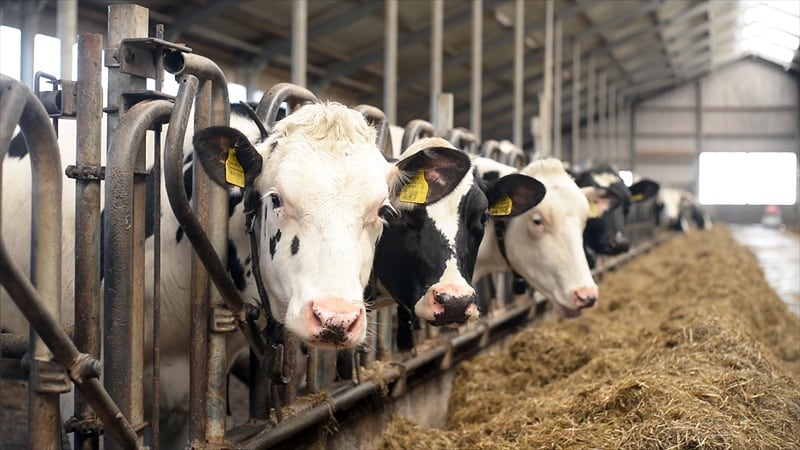
The USDA shared details on the 2026 Dairy Margin Coverage program and plans to purchase specialty crops for food banks
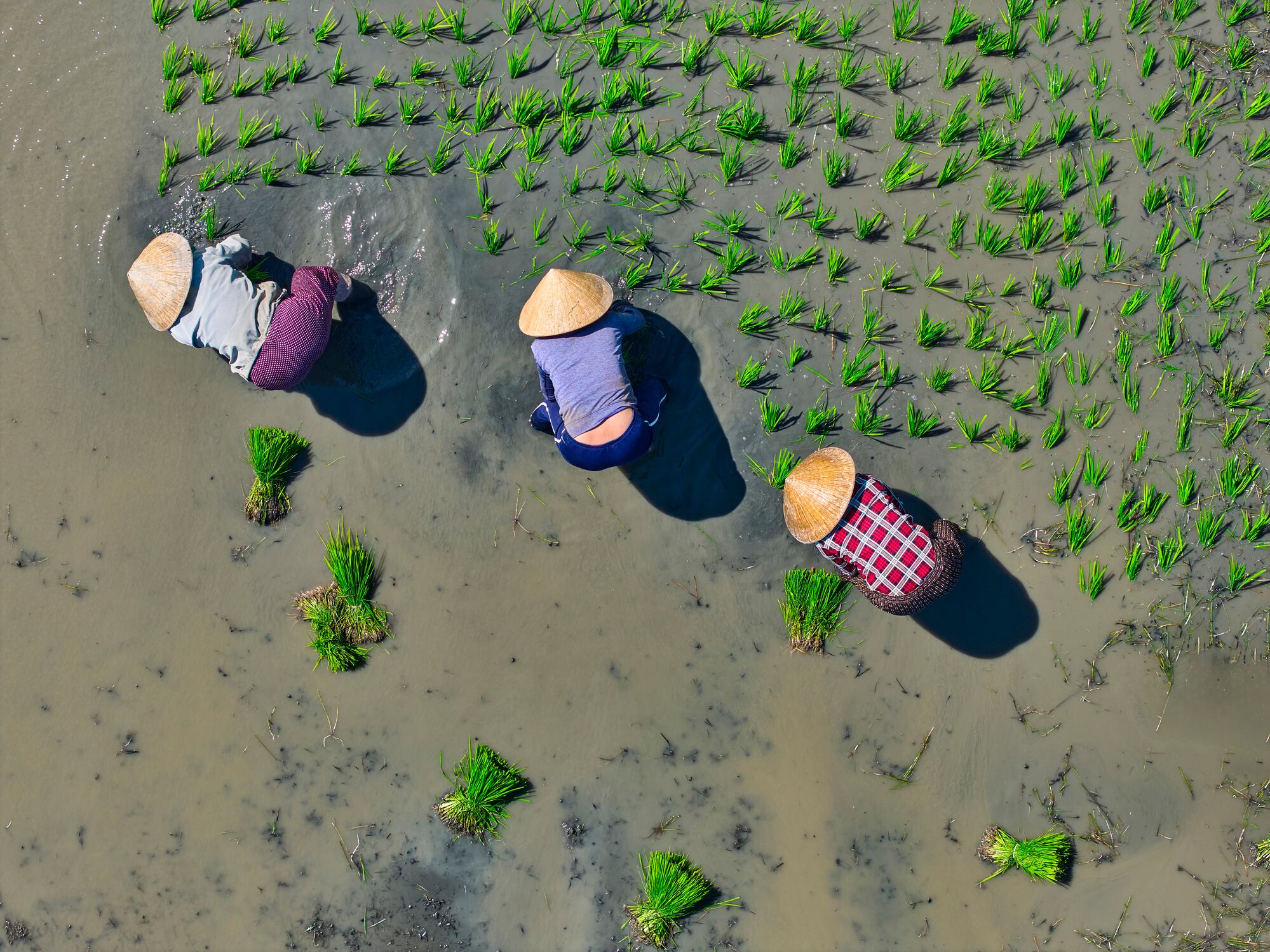
Banks need to be more than mere partners for Vietnam to fulfil the ambitions of its One Million Hectares of High-Quality, Low-Emission Rice initiative, says Lộc Trời Group chairman.
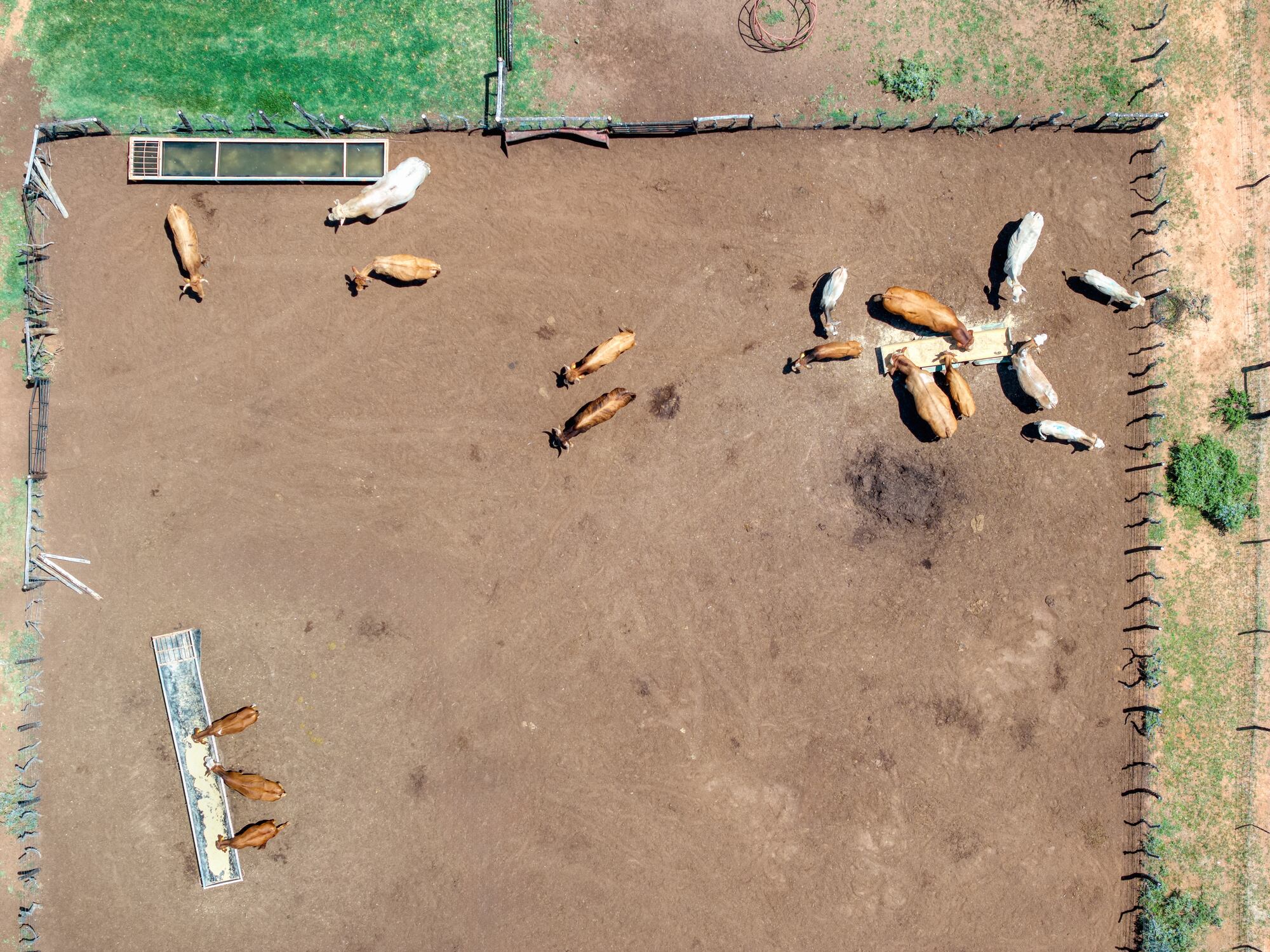
EU governments have just given their provisional green light to the long‑delayed EU-Mercosur trade deal. Though it is not fully in force yet and still needs approval from the European Parliament, it promises to reshape competitive pressures in European...
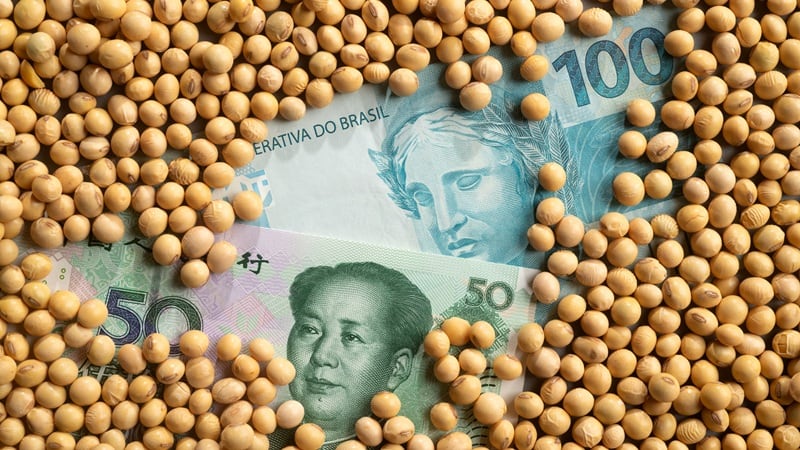
Brazil’s ag sector broke numerous export records in 2025 thanks to strong production and demand of major crops like soybeans, changing geopolitics, and government policies that boosted market access for growers

The transfer of Agrimetrics’ satellite analytics technology to Trinity AgTech has been hailed as a victory for innovation continuity – but critics argue it signals the collapse of the UK’s ambition to build an open, national farm data platform akin to...

U.S. farmer sentiment on the ag economy slipped slightly in Dec. 2025, but most producers think the country is on the right track, including with tariffs

One-time bridge payments might not be enough for farmers to meaningfully address increasing expenses, low commodity prices, and uncertain market access
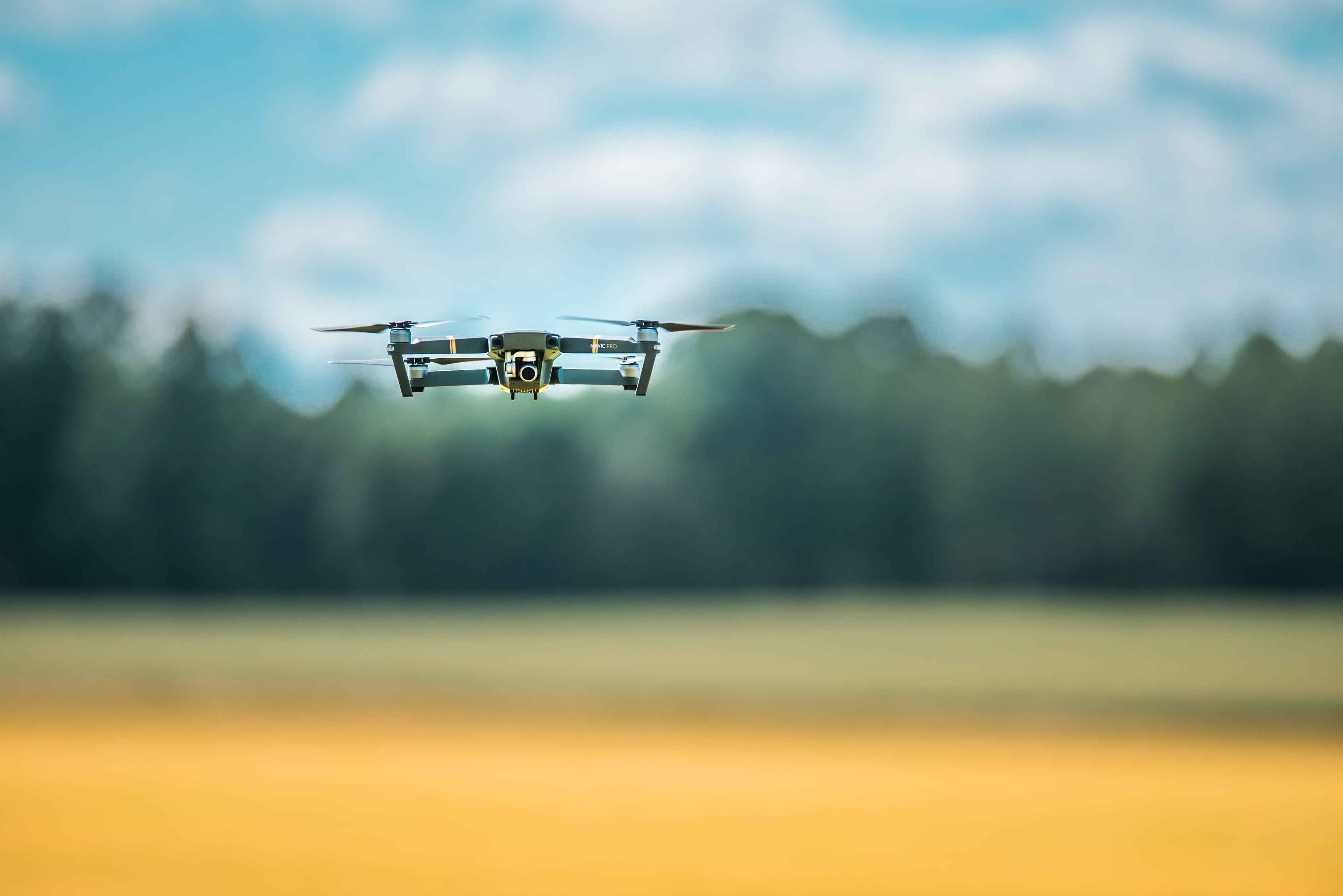
The Federal Communications Commission has barred new foreign-made drones from operating on US communications infrastructure, citing national security risks – a move set to reshape the agricultural drone landscape

From the Editor's Desk
The ag ecosystem was marked by volatility in 2025, amid changing trade relationships, evolving regulations, higher crop input prices, and tense geopolitics

The European Commission’s plan to streamline pesticide approvals promises faster access to innovation – but health groups warn it could weaken safeguards
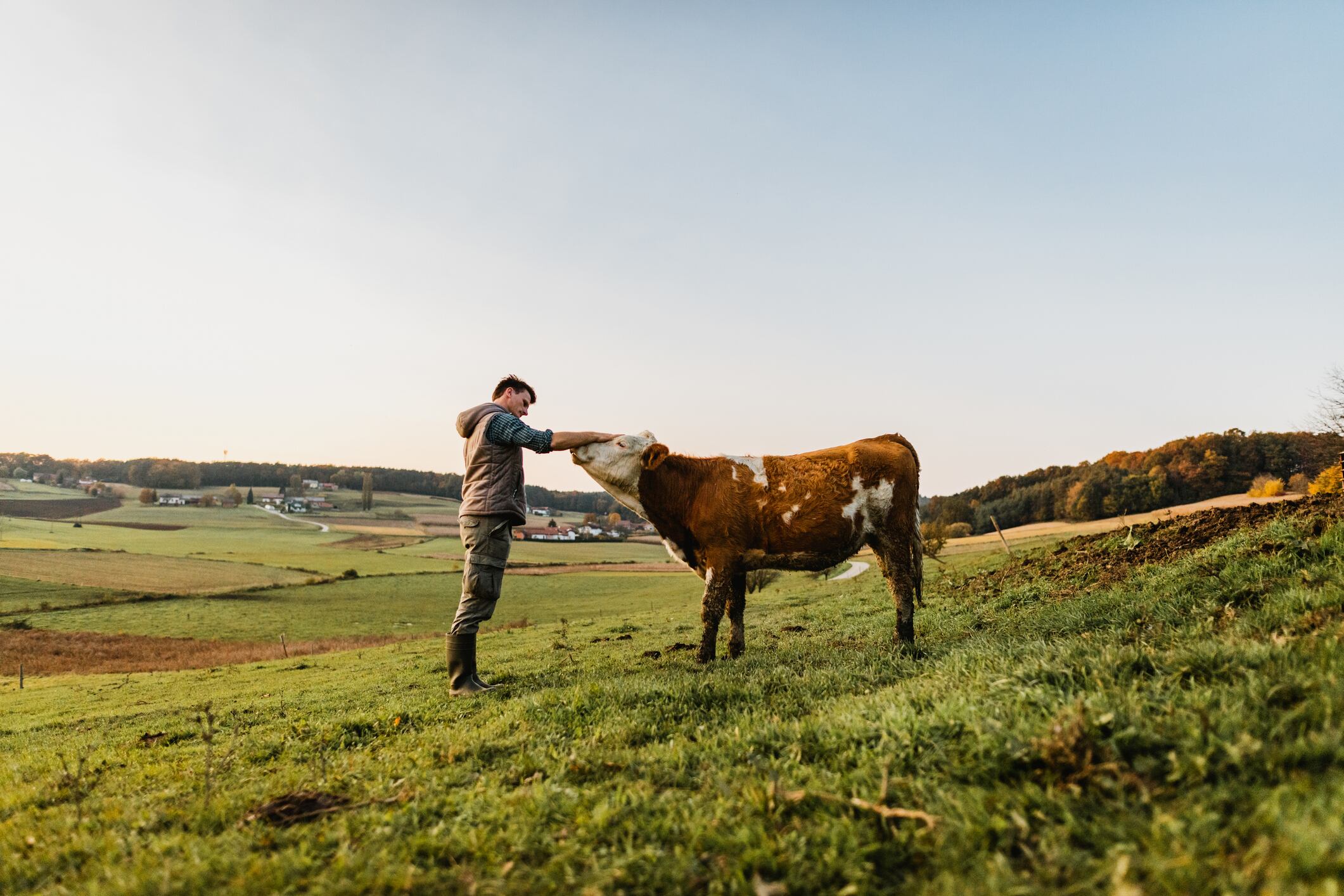
Influential former NFU president Baroness Batters calls for a “new deal” for British farming, highlighting that despite enthusiasm for technology it too often fails to align to business needs or find practical application on farms
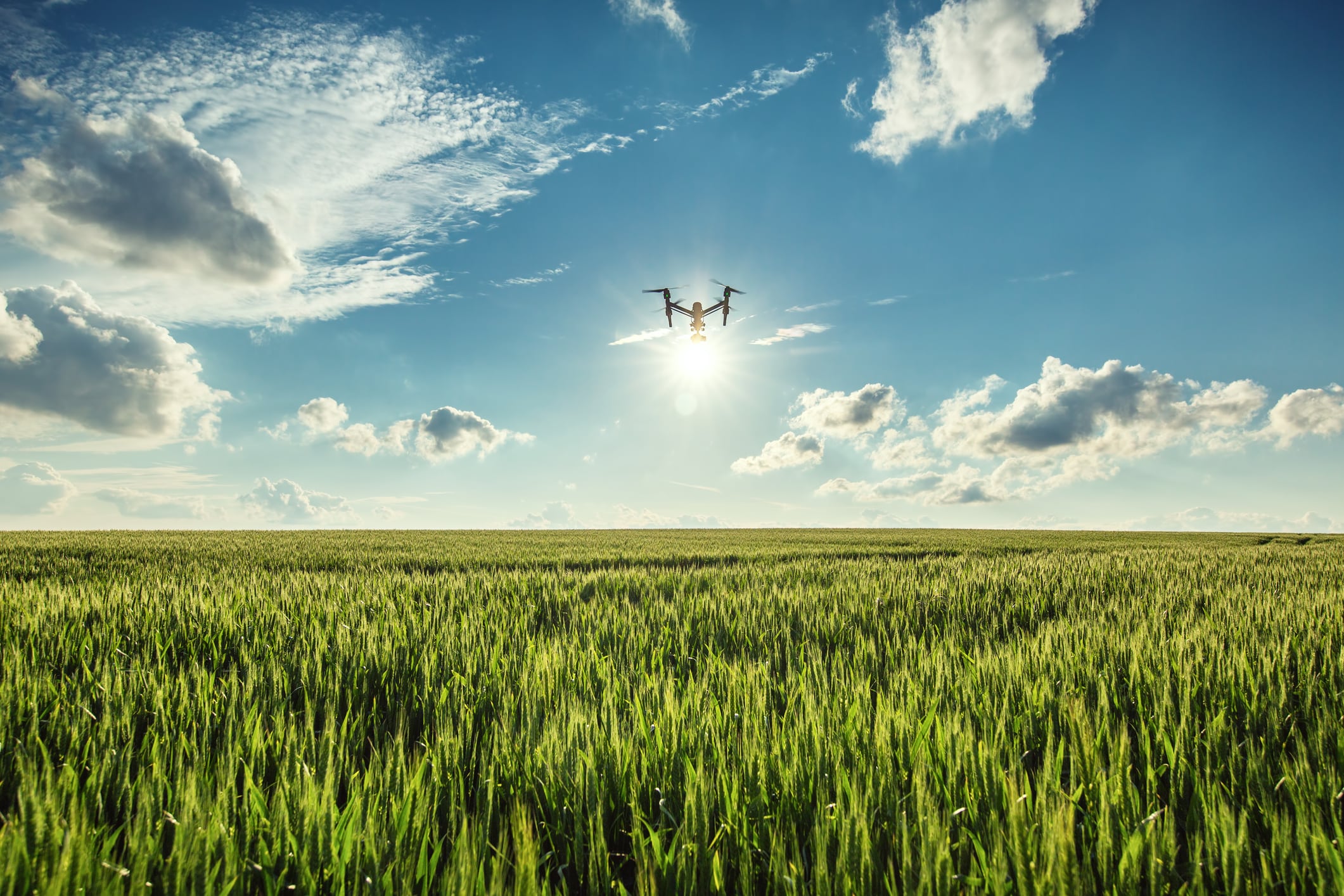
Rebranded from Rantizo, American Autonomy is launching a US-built software platform that promises farmers full control of their drone data – and a practical path off proprietary Chinese ecosystems – just as a new federal audit deadline threatens market...

Trump raised the specter of tariffs on Mexico, if the Latin American country failed to deliver the water guaranteed under a 1944 treaty
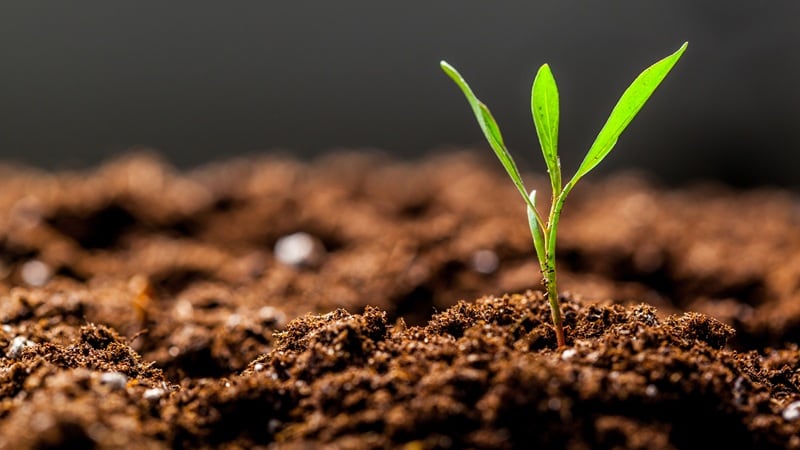
The Trump admin bolsters regenerative agriculture with a pilot programme, as part of the broader Make America Healthy Again initiative

The bailout or bust cycle continues in the U.S., as farmers prepare to receive a one-time bridge payment to manage market volatility, but the Trump administration is not accepting any fault
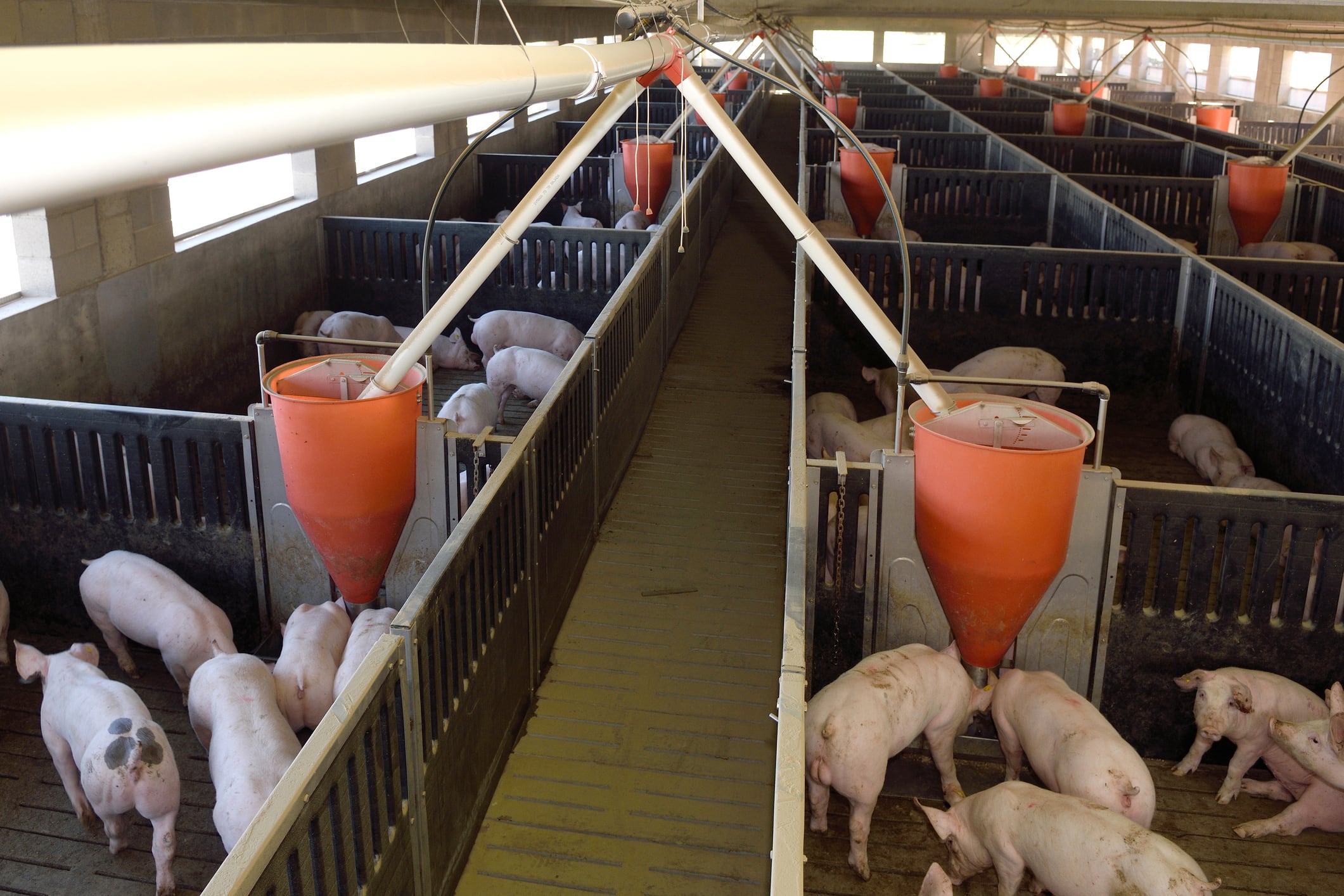
Spain controls 26% of EU pork production and supplies roughly 25–30% of China’s pork, reports Kemiex

AIC sets date for new sustainability scheme, ForFarmers in alliance with Bunge

Despite growing orders, British agri-robotics firm Wootzano is facing imminent closure after a Scottish court froze its bank accounts following a winding-up petition filed by Innovate UK Loans Limited

China’s ag ministry touts seed security as home-bred crop varieties reach 95% and domestic livestock and aquaculture brood stock surpass 80%, marking strong gains over its five-year seed revitalisation drive.
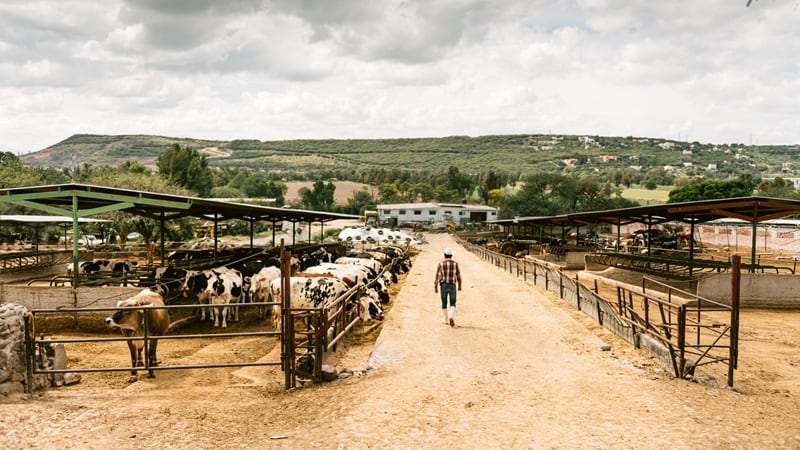
The U.S. and Mexico are continuing their fight against the New World Screwworm with sterile fly technology and government collaboration

Will a bailout for U.S. farmers raise fertiliser prices?
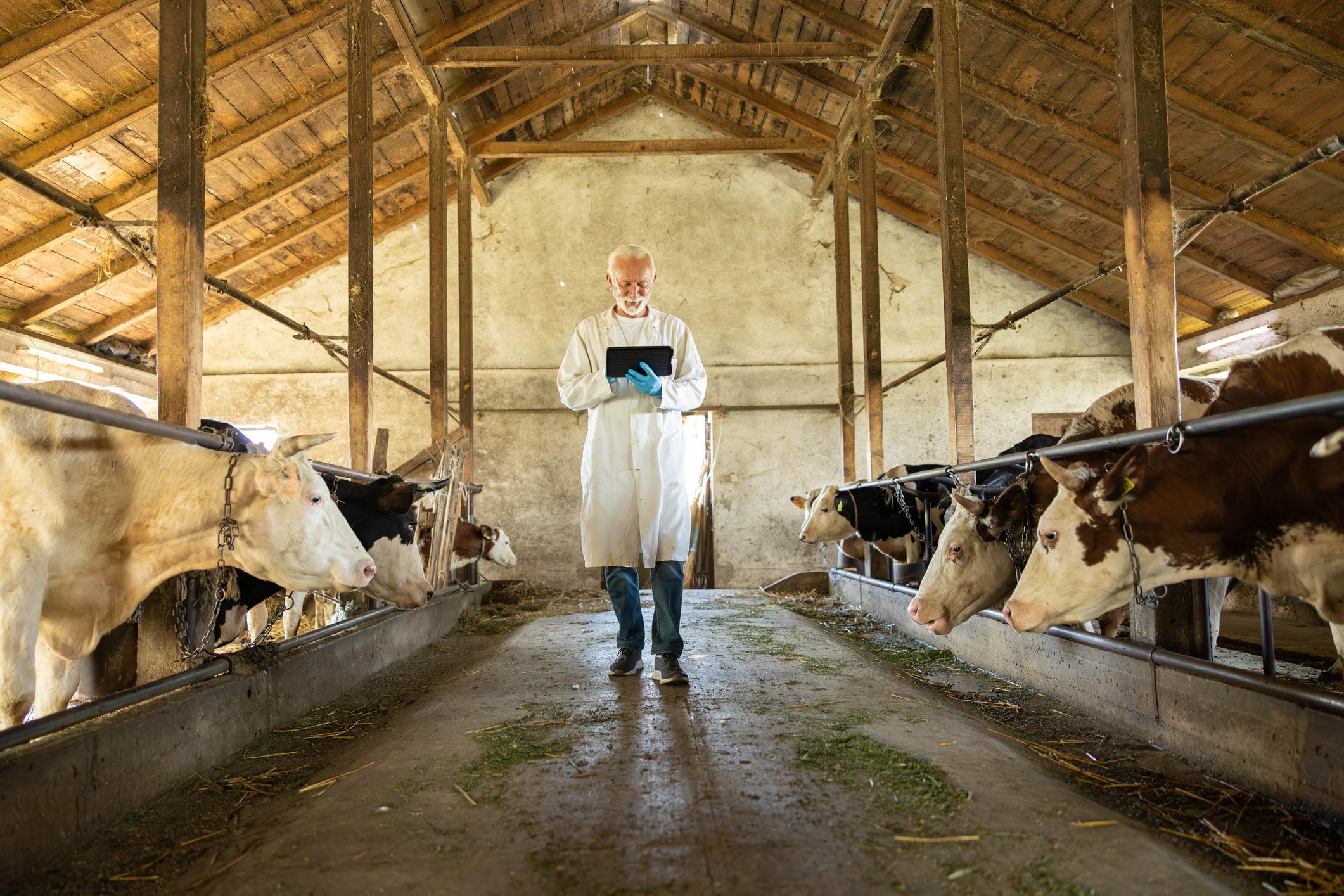
The UK’s largest supermarket is expanding its environmental baselining programme and calls for consistent standards to help farmers capture soil, water, and nature data at scale – critical for resilience and sustainability

Indonesia’s palm oil smallholders face mounting pressure to meet the Regulation on Deforestation-free Products (EUDR) traceability and certification standards, underscoring the need for stronger collaboration across public and private sectors
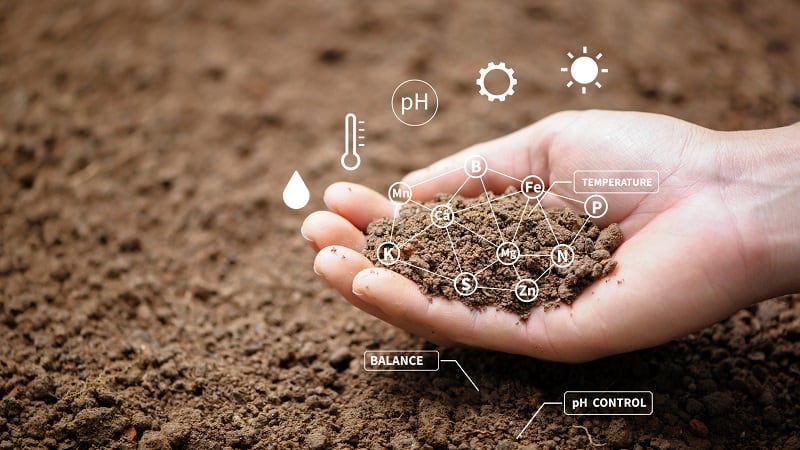
Political influence over fertiliser markets is a major challenge slowing the adoption of biological solutions across the ASEAN region, says experts
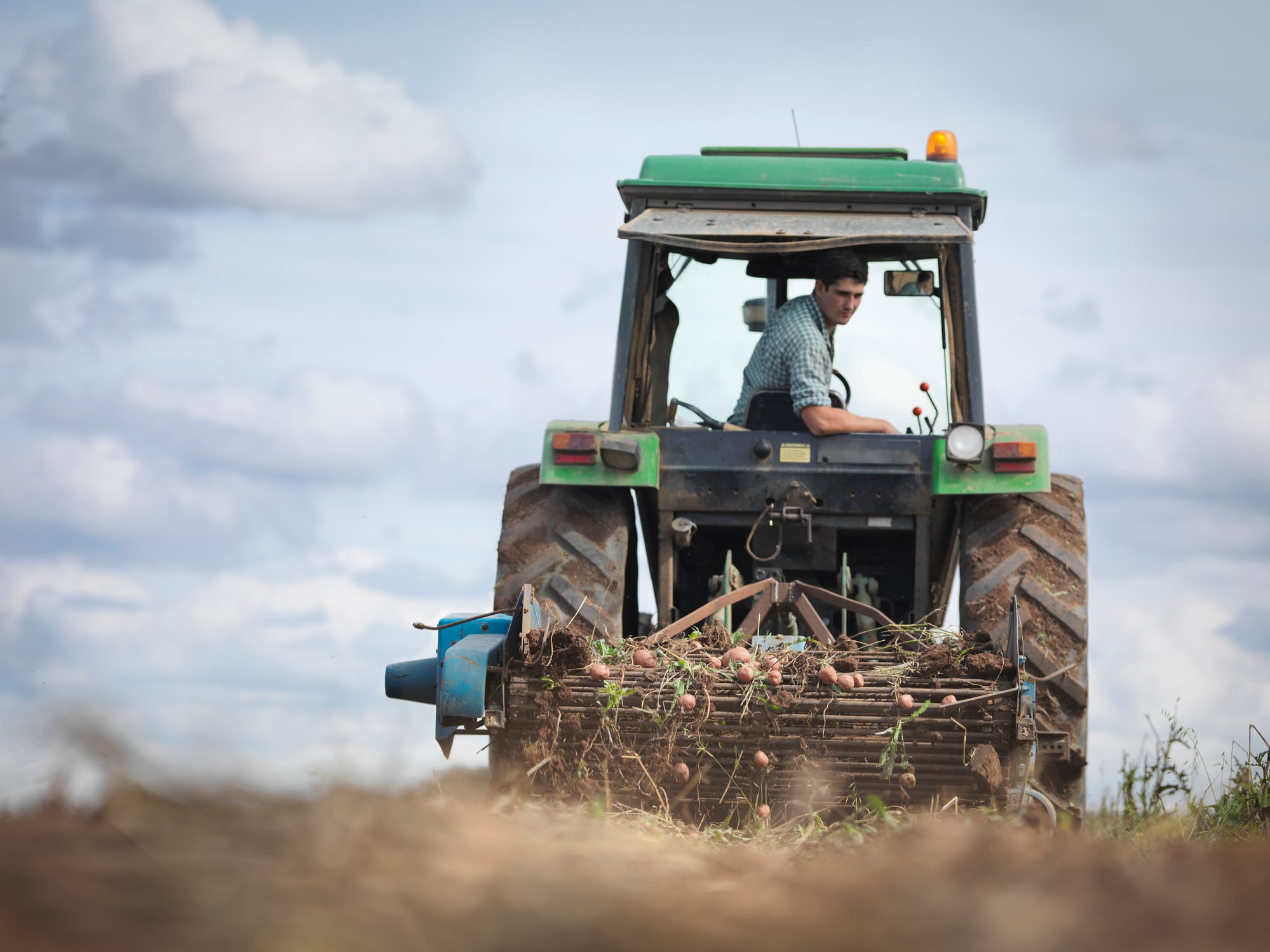
McCain Foods has issued a stark warning to government and industry leaders: farmers must be supported if the agtech sector is to thrive